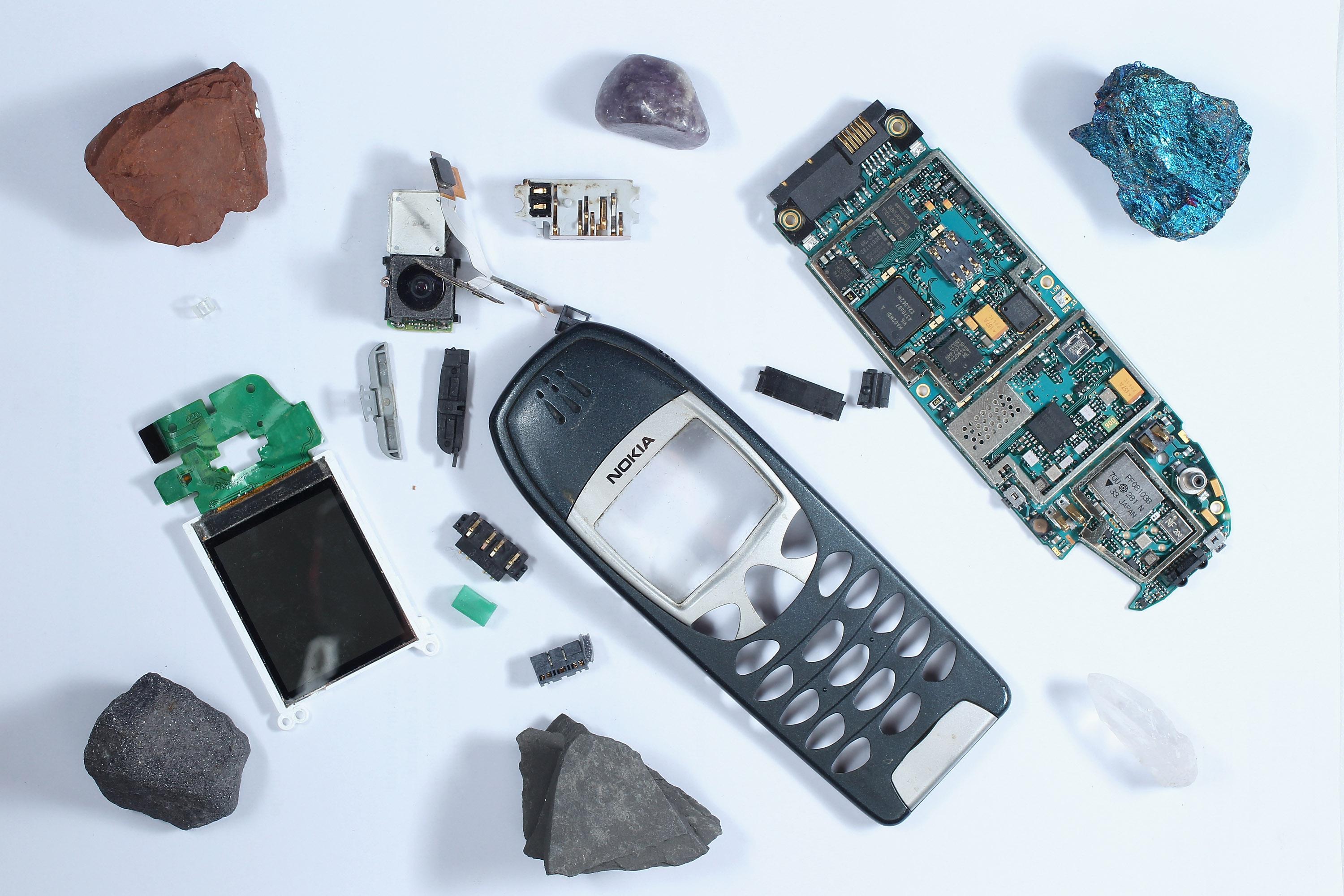Yesterday the World Trade Organization ruled that China’s restrictions on the export of rare earth metals violate global trade rules. China is the dominant supplier of the elements—elements 51 to 71 on the periodic table plus scandium and yttrium—which are widely used in the production of electronic products, from flat-panel displays to medical devices to missile guidance systems.
China says its restrictions were aimed at reducing pollution and conserving resources, but the WTO agreed with the claim filed by the U.S., which argued that “the restrictions are designed to provide Chinese industries that produce downstream goods with protected access to the subject materials.”
The ruling likely wasn’t too much of a surprise to China, which has viewed rare earths as a strategic resource at least since 1992, when then-Communist Party Leader Deng Xiaoping proclaimed “the Middle East has oil and China has rare earth.”
China’s dominance of the global rare earth supply has been a source of alarm in the U.S. and other developed countries since 2010 when it reduced its export quota by 40 percent, prompting fears that it could cut off supplies entirely in case of political conflict. That same year China cut off exports to Japan amid a dispute over the detention of a Chinese shipping trawler. In the U.S., which was at one point 100 percent dependent on China for rare earth imports, this was viewed as a national security threat.
Since then, however, China’s share of the global production of rare earths has slipped from 95 percent to 80 percent as other countries have scrambled to get new supply chains online.
The Mountain Pass mine in California, which was the only U.S. supplier of rare earths until it was shut down after an accident in 2002, was reopened, and as Al Jazeera recently reported, a number of other mines may be opened or converted from other metals soon.
Rare earths exploration is booming in Australia, Canada, and throughout Africa—particularly Kenya. Japan announced the discovery of an “astronomically” high rare earths deposit at the bottom of the Pacific last year.
Last year a Pentagon report stated, “Global market forces are leading to positive changes in rare earth supply chains, and a sufficient supply of most of these materials likely will be available to the defense industrial base.”
In other words, China’s status as the Saudi Arabia of rare earths was slipping even before yesterday’s ruling.
